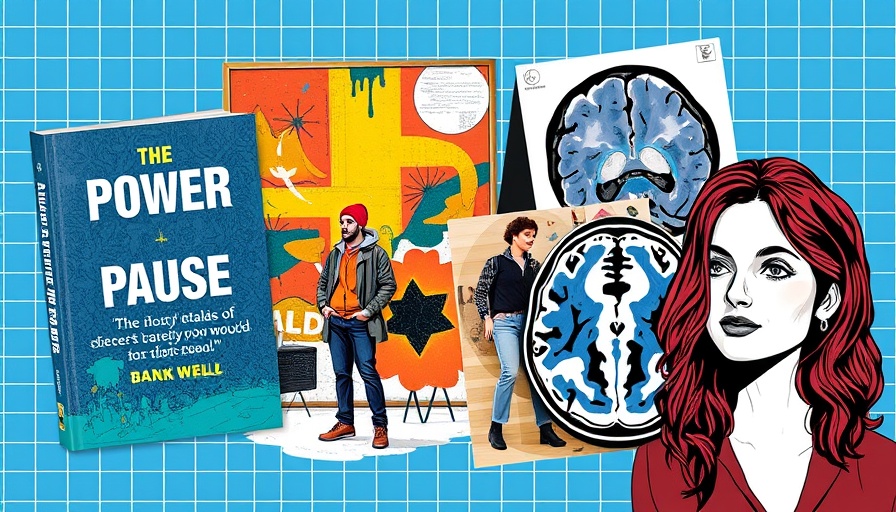
Is Therapy Becoming Entertainment?
In today’s cultural zeitgeist, it seems that every emotional struggle imaginable is broadcasted across media platforms—from social media stories to the latest chart-topping albums. As Suzy Weiss notes in her recent piece, there's a growing trend where public figures, particularly artists like Justin Bieber, openly discuss their mental health struggles, in a bid that can sometimes feel more like performance art than genuine vulnerability.
The Shift in Emotional Expression
Weiss highlights the release of Bieber's new album, titled Swag, where the pop icon collaborates with comedian Druski in a rather unconventional format that blends humor with serious personal reflection. This trend isn't isolated to Bieber. Renowned artists are increasingly candid about their battles with mental health, bringing personal narratives to mainstream playlists. With songs that address everything from breakups to identity crises, these artists are repackaging emotion as entertainment.
Parallel Perspective: Pop Culture’s Psychological Projects
This phenomenon mirrors a broader societal shift in how we engage with emotional crises. For example, the recent trend of “celebrity therapy” highlights how various media portray mental health struggles, often through a humorous lens. Shows like therapy-reality are captivating audiences by blending struggle and comedy, which raises an important question: Are we genuinely addressing mental health issues, or are we merely consuming emotional events for entertainment?
Future Implications for Mental Health Discourse
As we navigate this new cultural landscape, the conversation surrounding mental health continues to evolve. There is potential danger in reducing complex emotional struggles to mere entertainment fodder. If therapy becomes another episode of our lives’ broadcast, can we still take it seriously? The balance between transparency and dignity plays a crucial role in this dialogue, reminding us that while sharing experiences can foster connection, it must be approached with care.
Understanding the Audience’s Connection
For top wage earners in Philadelphia—the target audience for this discussion—grappling with mental health as a form of entertainment resonates well. This group often faces significant pressures, balancing strenuous professional commitments with personal ambitions. The public discussions about emotion can serve as both a reflection and a release, but they also necessitate a critical evaluation of the risks involved in oversharing.
Practical Insights: Engaging with Mental Health Discourse
For those in the audience looking to engage with this evolving conversation, it’s beneficial to consider personal boundaries when consuming emotional content. Reflecting on how much one relates to or is impacted by the artistic narratives in pop culture can prevent the spectacle from overwhelming personal experiences. Engaging in genuine conversations about mental health—whether through community events or personal dialogue—can foster a healthier and more supportive platform for discussion.
Conclusion: Call to Action
As consumers of this 'entertainment', it is essential to approach mental health anecdotes with discernment. Let's advocate for a culture that not only acknowledges personal struggles but also respects the intricacies of mental health. Share your thoughts on this topic — how does entertainment shape your understanding of self and others’ mental health?.
 Add Row
Add Row  Add
Add 




Write A Comment